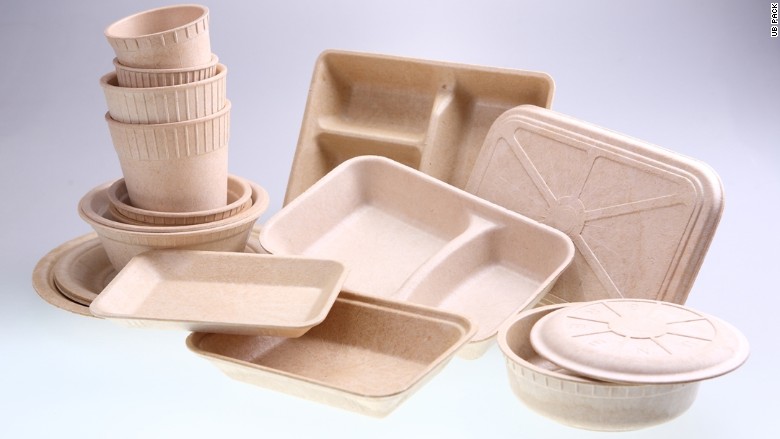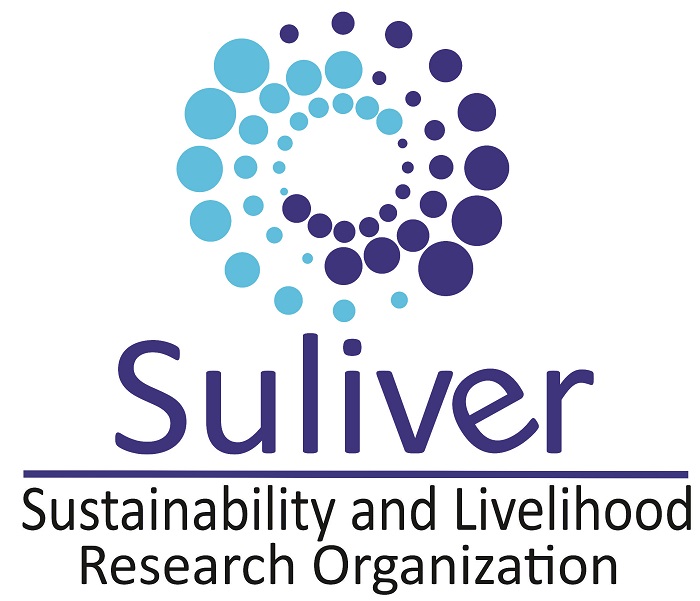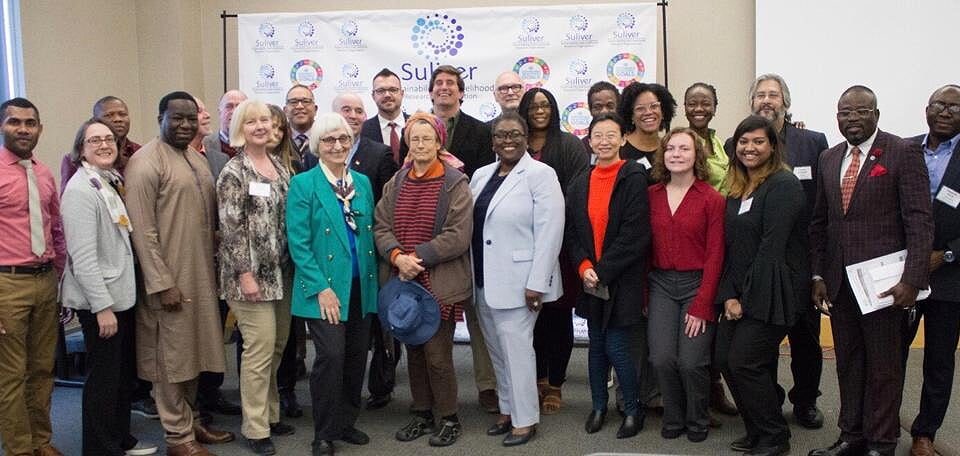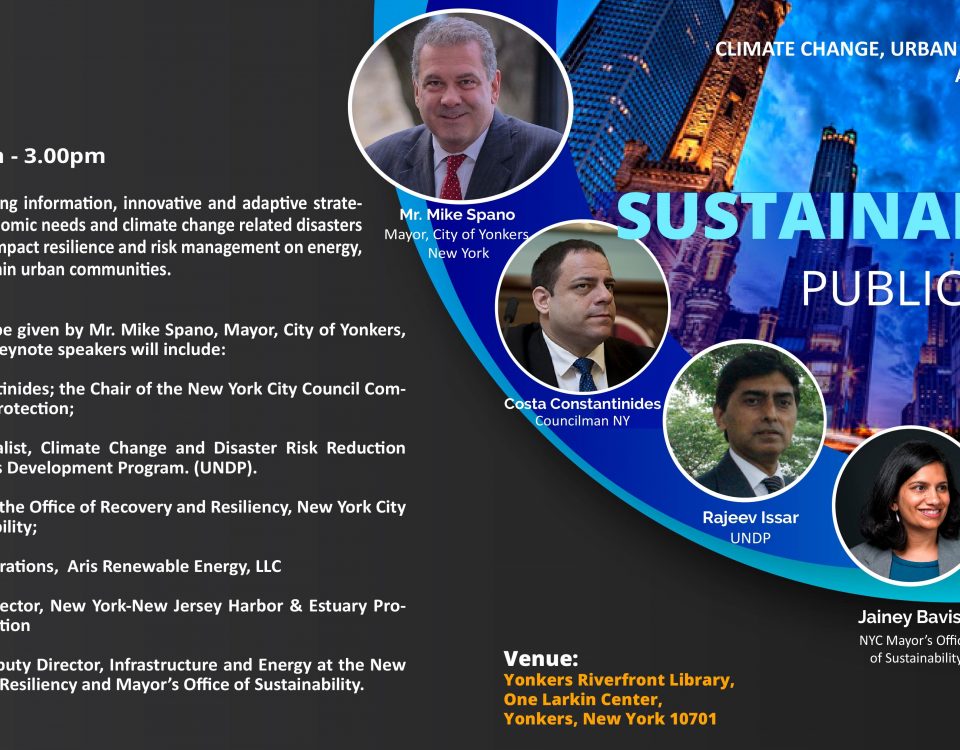
Plastic, Plastic Everywhere!
March 6, 2017
The Crux of Food Security During Conflict
May 14, 2017
.
Eco-friendly innovations: New Packaging in Thailand
Despite being one of Asia’s fastest growing and largest economies, for decades, Thailand has struggled to combat with the tonnes of trash produced each year. According to the managing director of Universal Biopack's, Vara-Anong Vichakyothin, "Waste management is a big problem everywhere,” and it threatens Earths future. Inspired with the ambition to create a cleaner future, the company has gone a step further to apply an eco-friendly solution. Through the application of technology devised at a Bangkok university to make its zero-waste packaging Universal Biopack now produces bio degradable packaging solutions from bamboo and cassava with hopes that it replaces Styrofoam boxes and plastic bags for restaurants, shops and other consumers.
Universal Biopack hopes that one day its new packaging system will replace the use of many regular Styrofoam boxes and plastic bags, which end up as waste in Thailand and other Southeast Asian countries. This technology took five years to develop. It is environment-friendly as it uses leftover bamboo scraps from chopstick production for its own package production. The implication is that the packaging material from bamboo scraps is biodegradable. Hence, it is capable of decaying through the actions of living organisms in the soil. This organic process enables it to add nutrients to the soil, rather than causing long-term environmental pollution. The technology is so adaptable that it could be used for packaging furniture and phones as well. The company has made a remarkable impact in cities such as Bangkok and Chiang Mai by supplying restaurants, organic farmers and other businesses in the food and drink industry, replacing the takeout drink containers and noodle packets which litter the sidewalks of these cities
.However, the company still faces the challenge of getting new clients as takeout vendors in Thailand want to keep cost down in a competitive business with thin profits, so asking them to spend more on packaging to improve the environment is a really tough bargain. Also according to the company owner Suthep Vichakyothin, the local economy is yet to support this technology.
To gain its acceptance and increase its demand for a sustainable future, there is the growing need for an environmental education and the benefit of initiating eco- friendly products in order to better control waste and to ensure a sustainable development for countries of the world. It is also important that countries and businesses embrace this new technology to ensure an eco-friendly production of goods and services at a zero-waste system.




